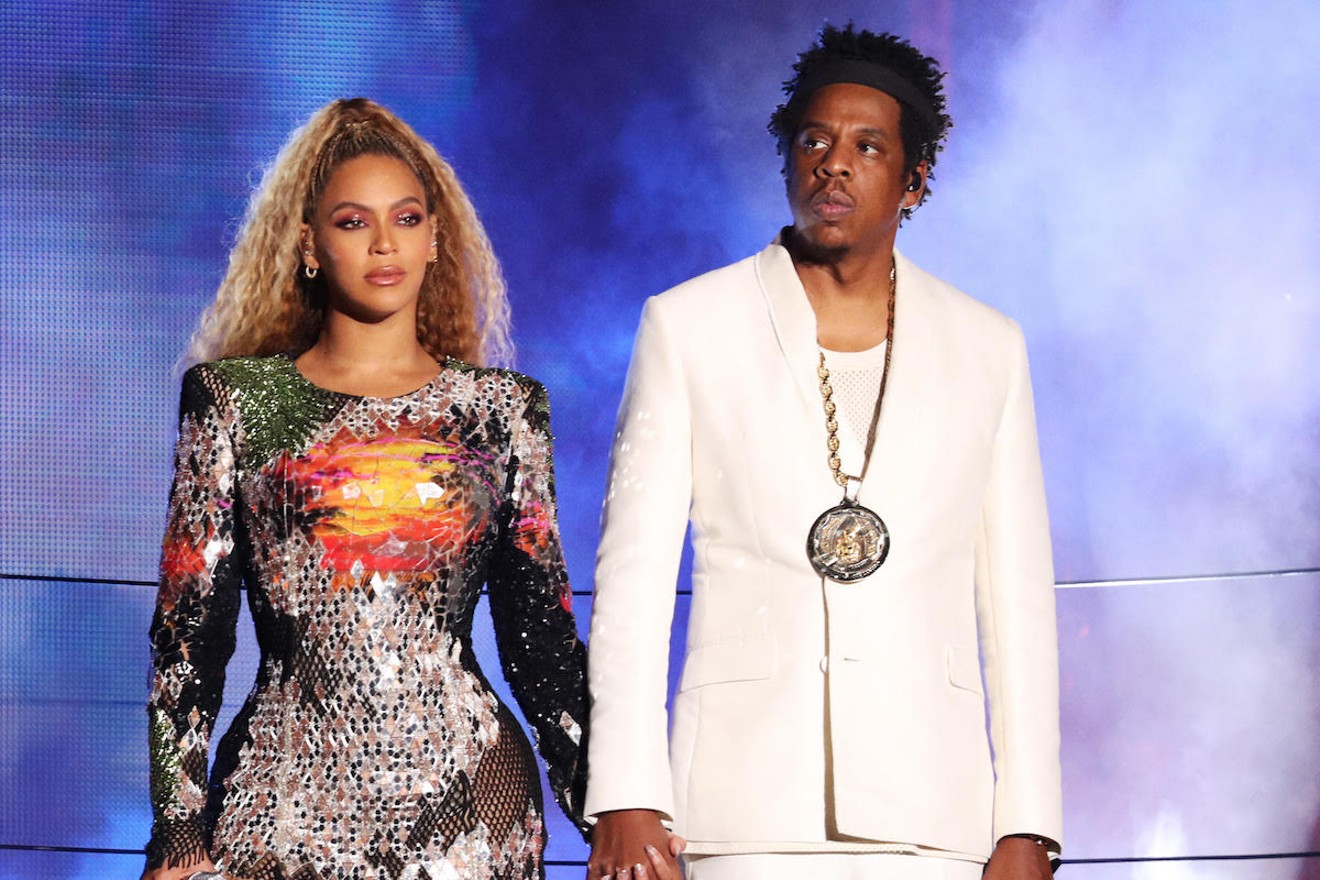Though many of the songs on 4 aged better than initial reviews would have readers believe, and singles such as "End of Time," "Countdown," and "Love on Top" went on to become live staples and are now Beyhive Canon, schmaltzy ballads such as "Best Thing I Never Had" and the worst offender, "I Was Here," offered remnants of the artistic Achilles heel that plagued Beyoncé's discography until that point: an affinity for every(
Sasha and Beyoncé became one on the singer's first true masterpiece, her visual album Beyoncé, released as a surprise in December 2013 with zero promotion. The album is an unapologetic ode to female desire and sexual empowerment, with visual and auditory allusions to BDSM, marriage, orgasms, postpartum depression, miscarriages, and, yes, pre-Lemonade, jealousy and infidelity. This was Beyoncé speaking for herself rather than singing for others. Gone were self-consciously universal platitudes such as "I miss you, like every day/Wanna be with you, but you're away... missing you insane." In its place
The comparative disappointment of 4, coupled with newfound confidence in the wake of having given birth to her first daughter, appears to have jolted Beyoncé into a realm of fearlessness that resulted in her most daring work yet, a feat that would later be trounced creatively by her follow-up album and short film, Lemonade. "I'm climbing up the walls 'cause all the shit I hear is boring/All the shit I do is boring/All these record labels boring/I don't trust these record labels, I'm torn," she sang on "Haunted." And when the well-known perfectionist tired of trying to please those outside forces, she wound up outpacing all creative, sales, and critical expectations and took a seat on the throne as the uncontested greatest living entertainer of the 21st Century.
During the Lemonade era, Yoncé further unspooled the respectability politics she'd ascribed to in the early days of her career. She'd already gotten political, offering her take on feminism on Beyoncé, but on its followup, she leaned into the racial politics of her experience as one of the most successful black women in history.
"The new Beyoncé wants to be seen as a black woman political activist first and foremost, entertainer and musician second," the insufferable Piers Morgan wrote as if that was somehow a bad thing. Unfazed by the criticism, she performed a second Super Bowl show that offered stylistic nods to the Black Panthers, and two years later, her historic Coachella show paid tribute to HBCUs. Figures such as Morgan fail to understand what Beyoncé learned years ago: that cowering from criticism hinders artistry. Having experienced what was, by Beyoncé's standards, a commercial disappointment is precisely what allowed her the freedom to explore creatively and sing with conviction, for the first time, that she was flawless.
Jay-Z and Beyoncé On the Run II Tour. 7:30 p.m. Friday, August 31, at Hard Rock Stadium, 347 Don Shula Dr., Miami Gardens; 305-943-8000; hardrockstadium.com. Tickets cost $54.50 to $1,855 via ticketmaster.com.












